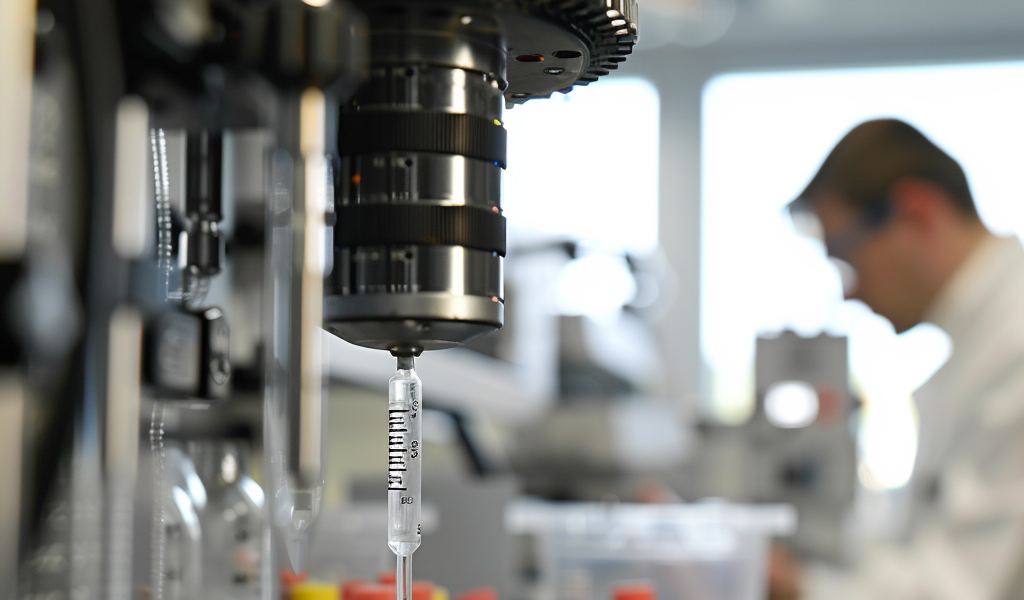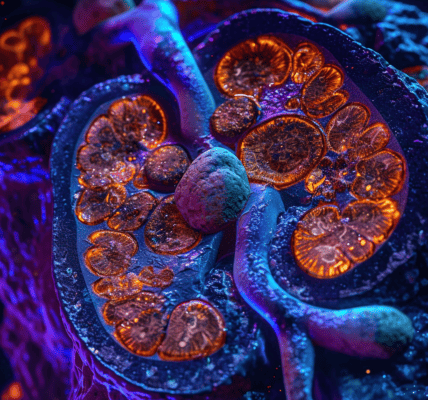During the COVID-19 pandemic, the use of mRNA technology for vaccine development highlighted the significance of genetic information delivery. Emmanuel Ho, an Associate Professor at the University of Waterloo, has developed a groundbreaking nanomedicine utilizing small interfering RNAs (siRNA) to target HIV in gene therapy.
These siRNAs have demonstrated a 73% reduction in HIV replication and the ability to regulate gene and protein activity within cells. This breakthrough paves the way for innovative therapeutics in the battle against HIV.
Emmanuel Ho, a key figure in Canadian health innovation, has engineered a nanomedicine designed to restore the body’s defense mechanism, autophagy, while preventing HIV entry into cells. By targeting the Nef protein and CCR5 gene, the nanomedicine aims to lower HIV infection rates and is intended for vaginal administration to prevent sexual transmission.
The nanomedicine is formulated to maintain stability in the acidic vaginal environment and release siRNA within cells. Ho emphasized the intelligence of viruses in evading the body’s defenses and the potential of this nanomedicine to combat viral infections without additional drugs.
Future research will focus on optimizing the process and gaining a deeper understanding of how autophagy aids in defending against viruses. Additionally, the hope is that this breakthrough will lead to the development of alternative approaches to effectively reduce antimicrobial resistance.
The study, published in the Journal of Controlled Release, marks a significant step forward in the field of nanomedicine for HIV treatment.





